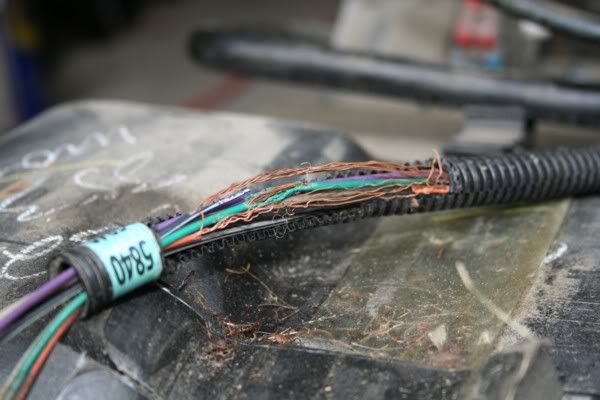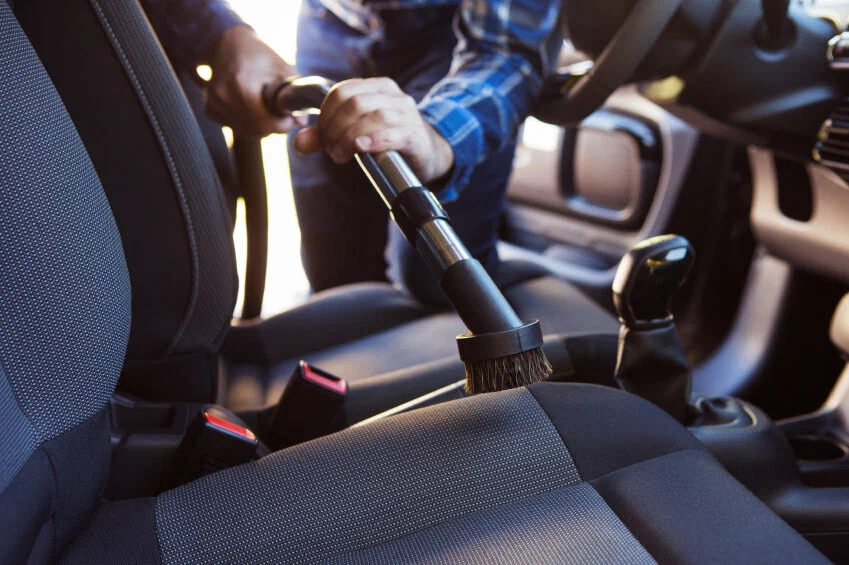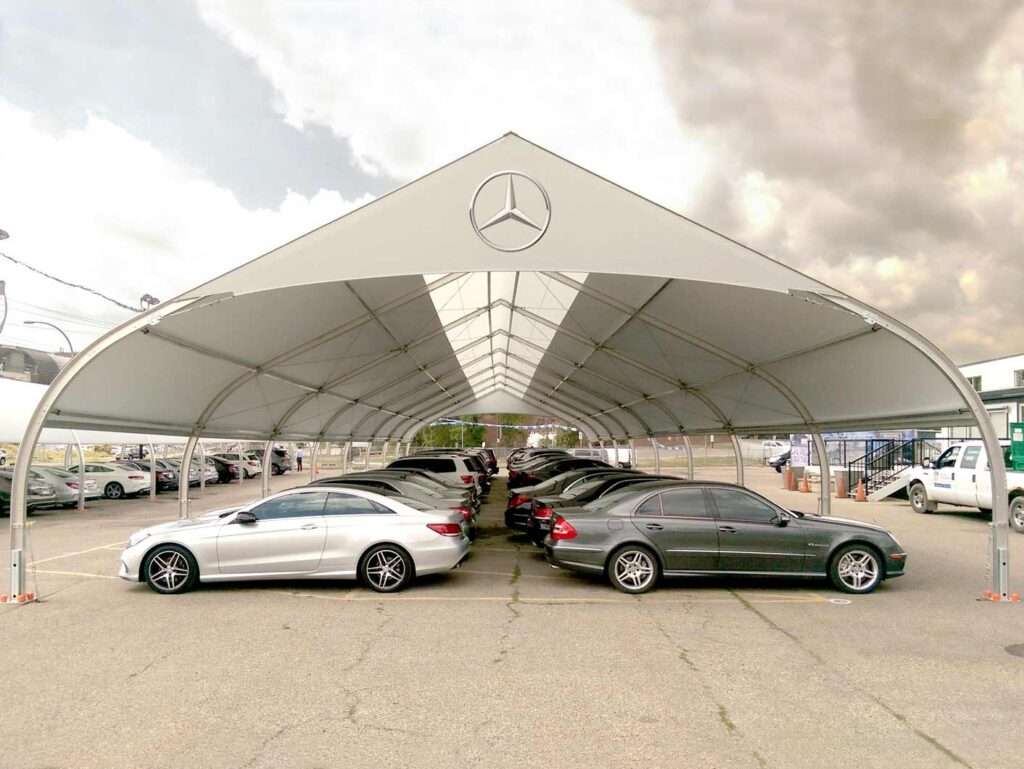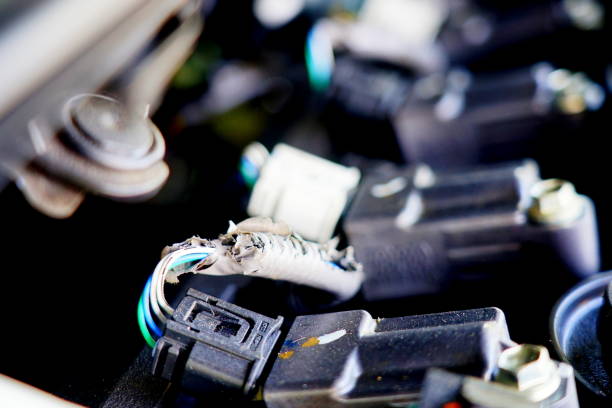How to Prevent Rodent Damage to Your Car
Rodent damage is one of the most frustrating problems car owners face, especially if the vehicle stays parked for long hours or sits in an open area. Mice, rats, and other small animals often look for warm, quiet spaces to hide. Unfortunately, your car offers exactly that. The engine bay stays warm, the cabin is dark, and small gaps make it easy for rodents to slip inside.
Once they enter, they can chew wires, damage insulation, tear seat foam, and even build nests under the hood. Repairing this damage can cost anywhere from a few hundred to several thousand dirhams, depending on what they destroy. The good news is that rodent damage is preventable if you know what signs to look for and how to secure your vehicle.
In this blog, Drive UAE will explain practical, safe, and effective steps to protect your car and avoid expensive repairs.
Why Rodents Enter Cars in the First Place
Before you try to stop rodents, it helps to understand why they target cars.
Here are the most common reasons:
Warm Space
The engine bay stays warm for hours after driving. Rodents love warm, protected areas.
Shelter
Cars offer hiding spots from cats, birds, and weather.
Food Sources Nearby
Garbage bins, leftover snacks in the car, or open food items in garages attract pests.
Nesting Material
Seat foam, insulation, and carpeting are all soft materials rodents can use to build nests.
Easy Entry Points
Cars have many gaps and openings. Rodents can enter through wheel wells, vents, or small holes under the bumper.
When you know why they enter, it becomes easier to block access and remove the things that attract them.
Warning Signs That Rodents Are Near Your Car
Rodents rarely appear in plain sight, but they leave clear clues. Look out for the following signs:
- Small droppings on the floor or near the engine
- Chewed wires or plastic panels
- Torn insulation material
- Nest-like piles of leaves, small paper pieces, or cloth
- Strange smell inside the cabin
- Seeds or food crumbs in unusual areas
- Scratching sound under the hood
If you spot even one of these signs, act immediately. Rodents multiply quickly, and the damage can double in a short time.

Keep the Area Around the Car Clean and Clear
The first step in preventing rodent damage is to remove anything that attracts them. Cleanliness plays a big role.
Remove Food Sources
Never leave food packets, crumbs, or snacks inside the car. Even closed food items can attract rodents.
Clean Your Garage
If you park indoors, keep the floor clean and remove boxes, cloth piles, or stored items that can become nesting areas.
Close Trash Bins
Keep garbage bins sealed. Rodents are attracted to the smell of leftover food.
Trim Nearby Plants
Bushes close to driveways or garages can become hiding spots. Keep plants trimmed and remove clutter around the parking space.
A clean environment reduces the chance of rodents exploring your car.

Park in a Safe and Well-Lit Area
Rodents prefer dark, quiet, hidden places. Parking in the right area can help reduce the risk.
- Choose a well-lit parking spot
- Avoid parking near trash rooms or dumpsters
- If possible, avoid parking near parks or open fields
- Use a closed garage instead of open parking
If your garage has gaps or holes, seal them to prevent rodents from entering.

Keep the Hood Open Occasionally (If Safe)
If you park at home in a safe, clean area, keeping the hood open for short periods can discourage rodents. They prefer dark spaces, so a bright, open engine bay becomes less appealing.
Only use this method when:
- You are present
- The area is safe
- There is no chance of children or pets touching engine parts
Never keep the hood open outdoors for long periods, and never use this method in public areas.
Use Natural Deterrents That Rodents Do Not Like
Rodents are sensitive to certain smells. You can use natural repellents that help keep them away without harming the car.
Peppermint Oil
Rodents dislike the smell. Soak cotton balls and place them near the tires or corners of the garage.
Cloves or Clove Oil
Another natural scent that helps repel rodents.
Naphthalene Balls (Mothballs)
Use them only in the garage, never inside the car cabin. Keep them away from children and pets.
Soap Bars
- Some strong-smelling soaps can also act as mild repellents.
- Natural deterrents provide a simple and safe way to reduce rodent activity.
Use Rodent Repellent Sprays or Electronic Devices
If the rodent issue is frequent, you can go for additional protection.
Rodent Repellent Spray
These sprays are safe for engine components and create a strong smell that discourages pests.
Apply them:
- Around wires
- On insulation covers
- In corners of the engine bay
Repeat every few weeks for best results.
Ultrasonic Devices
These devices release a sound that rodents do not like but humans cannot hear. Place them inside the garage for continuous protection.
Block Entry Points to the Car
Rodents cannot damage your car if they cannot get inside. Check for openings where they may enter.
Common Entry Points:
- Air vents
- Gaps under the car
- Spaces near pedals
- Weak door or trunk rubber seals
If you see any gaps, get them repaired. Good sealing can prevent rodents from slipping inside the cabin or engine bay.

Start the Car Regularly if It Is Parked for Long
A car that sits unused for long periods becomes more attractive to rodents. Starting the engine regularly reduces this risk because rodents dislike vibration and noise.
Try to:
- Start the engine every few days
- Move the car slightly to prevent nesting near the wheels
- Drive for a few minutes if possible
- Regular movement keeps the car less inviting.
Install Mesh or Screens in Certain Areas
Some garages use metal mesh to block small openings like vents or drainage gaps. You can also ask a technician to install mesh in areas of the engine bay where rodents commonly enter, such as:
- Air intake openings
- Cabin filter area
- Underbody gaps
These screens help physically block rodents from entering.
Avoid Leaving the Car with a Warm Engine in Rodent-Prone Areas
A warm engine attracts rodents because of the heat. If you know you are parking in an area with a rodent problem, avoid leaving the car immediately after turning it off. Allow the engine to cool slightly before parking in such areas.
What to Do If Rodent Damage Has Already Happened
If rodents have already entered your car, follow these steps:
1. Do not start the engine immediately.
2. Chewed wires can cause short circuits.
3. Check for nests or droppings.
4. Call a mechanic to inspect wiring and insulation.
5. Replace any damaged parts to avoid electrical faults.
6. Clean the cabin with disinfectant if rodents entered inside.
7. Set up prevention measures immediately to avoid it happening again.
Conclusion
Rodent damage can be stressful and expensive, but it is fully preventable with the right steps. Simple habits like keeping the area clean, removing food, sealing gaps, using natural repellents, and starting the car regularly can protect your vehicle from harm. Whether you park at home, outdoors, or in a shared building, these methods help you stay ahead of the problem and avoid costly repairs.

